The professional world is constantly evolving, and personal branding has become more than just a buzzword—it’s a vital element for career success. As the digital age continues to transform our methods of connection and communication, creating a robust personal brand is no longer optional but a strategic necessity. This comprehensive guide will explore the key components of personal branding and delve into how it can significantly influence your career trajectory.
Why Personal Branding Matters
In today’s world, where first impressions often happen online, a strong personal brand is essential. It’s more than just having a catchy logo or a well-crafted tagline; it’s about showcasing your unique value proposition, skills, and personality. A well-defined personal brand can:
1. Stand Out in a Crowd:
In an increasingly competitive job market, a distinctive personal brand ensures you don’t get lost in the sea of resumes. It serves as your unique identifier, making you memorable to employers and colleagues.
2. Build Credibility:
By establishing yourself as an expert in your field through consistent messaging and content, you enhance your credibility. This credibility can be a powerful tool when seeking new opportunities or collaborations.
3. Create Networking Opportunities:
A strong personal brand attracts professionals with similar interests, fostering valuable connections that can lead to career advancements. Networking becomes more than just a formality; it becomes a strategic move to expand your professional horizons.
Building Your Personal Brand
1. Define Your Unique Selling Proposition (USP):
The core of any personal brand is a unique selling proposition (USP). What sets you apart? What skills, experiences, or qualities make you unique? Identifying your USP is the first step in crafting a personal brand that truly represents you.
2. Craft a Compelling Narrative:
Your personal brand story should reflect your journey, values, and aspirations. Share not only your successes but also your challenges. A compelling narrative creates a more authentic and relatable personal brand.
3. Optimize Your Online Presence:
In the digital age, your online presence often makes the first impression. Ensure your LinkedIn profile, personal website, and other social media accounts align with your brand. Use a consistent tone, professional imagery, and regularly update your profiles to keep them current.
4. Content is King:
Reinforce your expertise by sharing your knowledge through blogs, articles, or videos related to your industry. Consistent, valuable content not only establishes you as an authority but also keeps your audience engaged and interested in your personal brand.
5. Engage with Your Network:
Active participation in industry events, online forums, and social media discussions is crucial for building and maintaining your personal brand. Engaging with your network not only reinforces your brand but also keeps you top of mind when opportunities arise.
Recommended Books for Personal Branding
Before we conclude, let’s delve into some highly recommended books by renowned authors that can guide you on your personal branding journey:
1. “Crush It!” by Gary Vaynerchuk:
This ebook provides practical insights on leveraging social media to build a personal brand. Vaynerchuk’s expertise in digital marketing makes this book a valuable resource for those looking to navigate the online landscape.
2. “Me 2.0: 4 Steps to Building Your Future” by Dan Schawbel:
Focused on the importance of personal branding in the digital age, this ebook offers actionable steps for building and enhancing your personal brand. Schawbel’s approach is both insightful and tailored to the modern professional.
3. “Brand You: Turn Your Unique Talents into a Winning Formula” by John Purkiss and David Royston-Lee:
This summary book distills key principles for building a personal brand into a concise format. Ideal for those seeking a quick but comprehensive overview, Purkiss and Royston-Lee provide actionable advice that can be implemented immediately.
Conclusion: Empower Your Journey with Wizlibrary
In conclusion, building a personal brand is not just a choice; it’s a strategic investment in your professional future. As you embark on this transformative journey, consider exploring the vast collection of summary ebooks available on Wizlibrary. These ebooks, ranging from comprehensive guides to shorter, focused reads, can serve as invaluable resources to enhance your personal branding efforts.
Visit Wizlibrary today and empower yourself with the knowledge and insights needed to sculpt a personal brand that propels you towards unprecedented career success. Your journey to professional greatness begins with a strong personal brand—let Wizlibrary be your guide!
Unlock Wisdom with the Book Summaries!
📚 Short on Time? Dive into concise book summaries that distill the essence of entire books. In just a few minutes, you’ll gain key insights without a lengthy commitment.
🌟 Why Opt for Summaries?
- Efficiency: Get the juicy bits without wading through pages.
- Broaden Horizons: Explore diverse genres—self-help, motivation, finance, and more!
- Actionable Knowledge: Apply practical wisdom immediately.
🔗 Visit Wiz Library today to unlock a treasure trove of knowledge. Your shortcut to brilliance awaits! 📖🚀
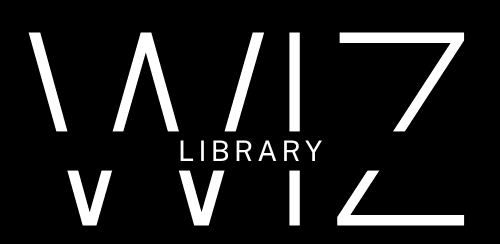
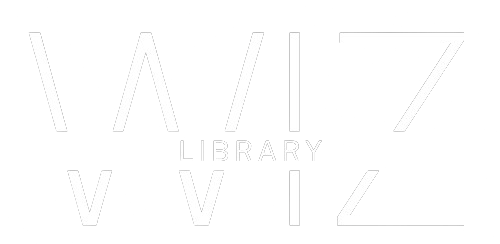




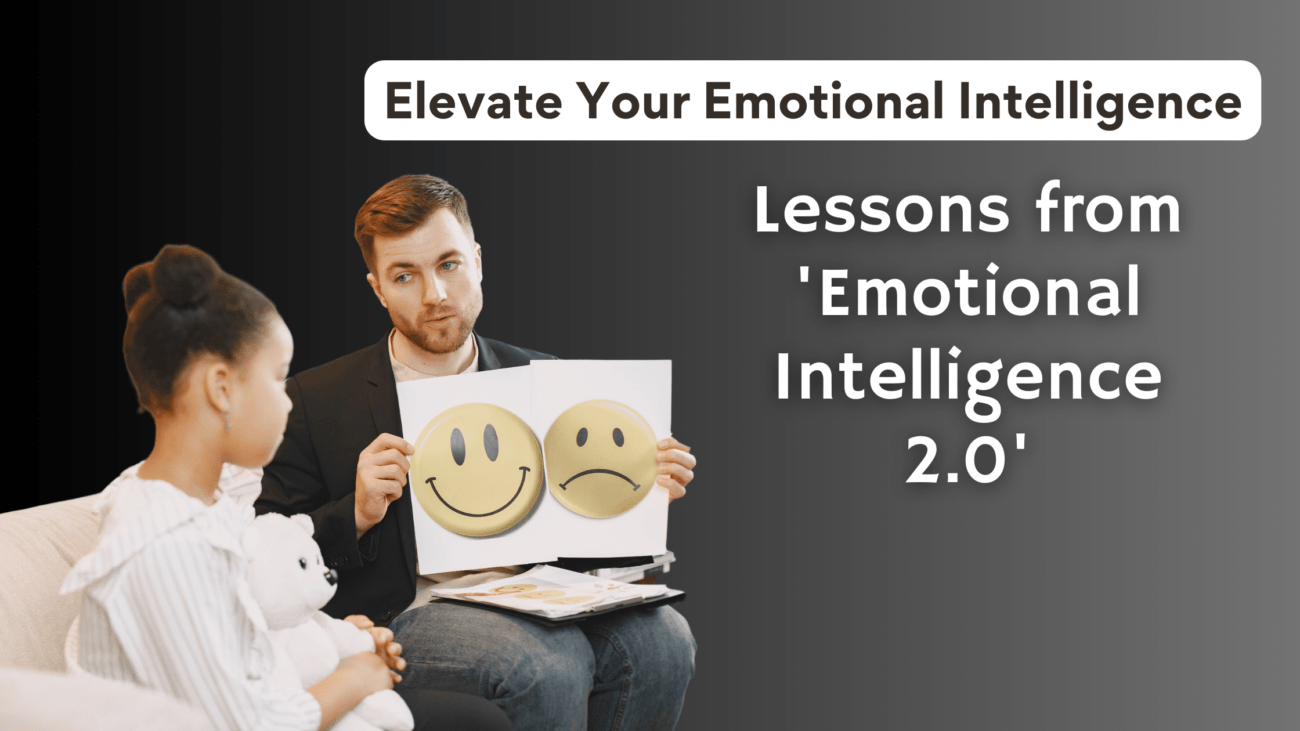
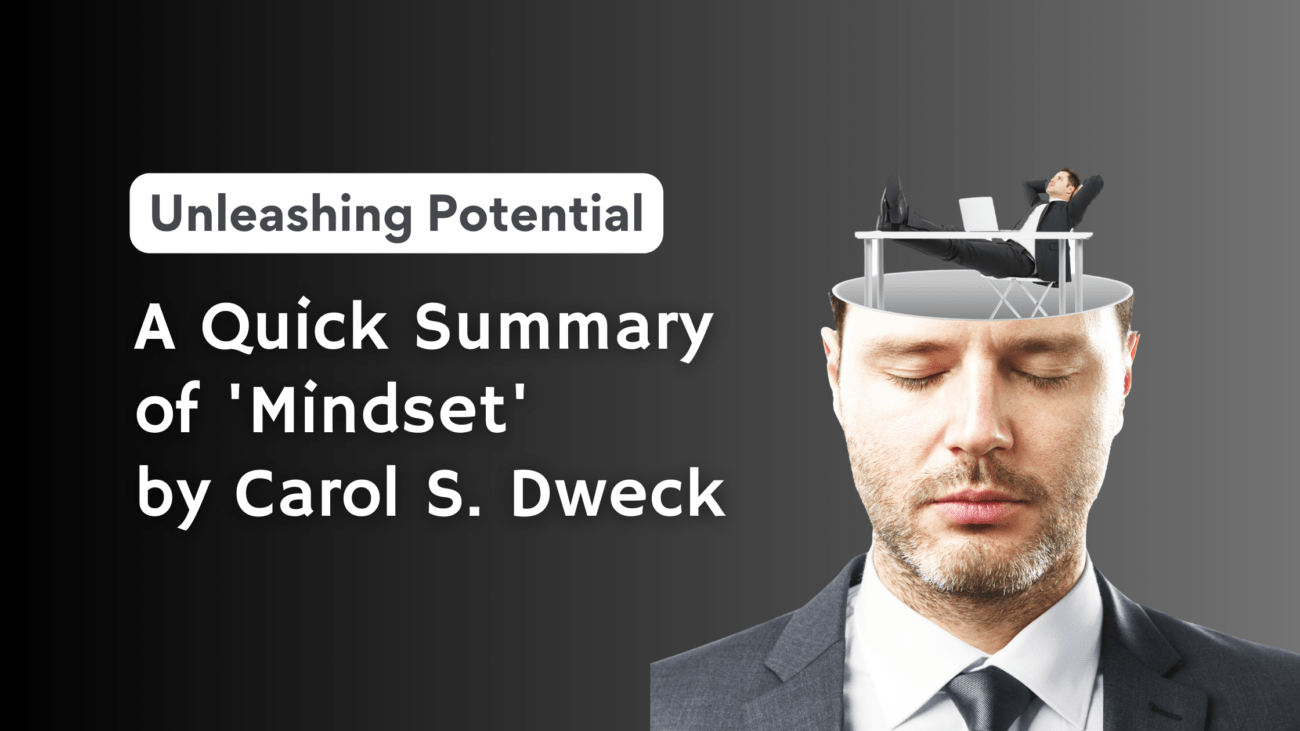


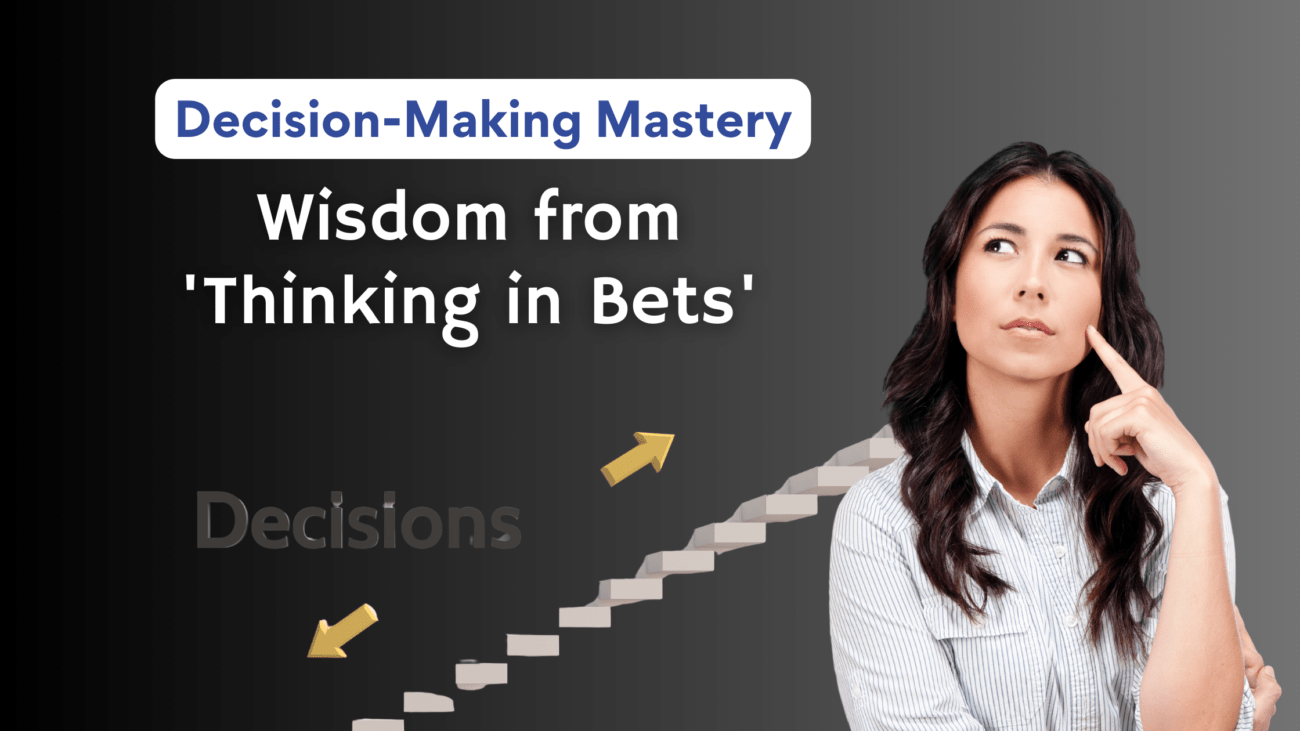
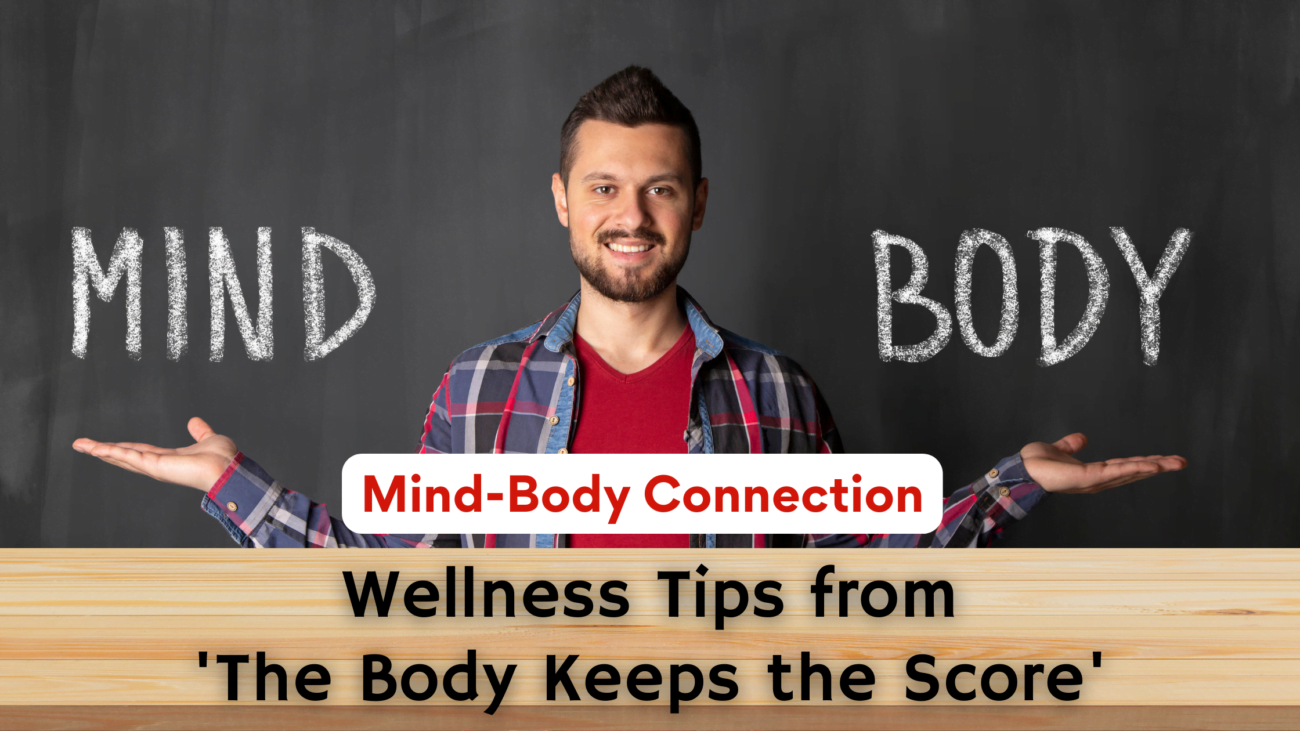




I don’t think the title of your article matches the content lol. Just kidding, mainly because I had some doubts after reading the article.
6. Seamless Transitions: Emphasize the significance of integrating these instruments harmoniously for holistic optimization. If you’re already bought on the significance of Seo for
eCommerce, then be happy to skip down the page
and learn the way our Seo platform can assist you goal the right commercial keywords that will drive natural sales progress and the way we will make it easier to match your site’s content material
kind with the kind of content material Google needs to indicate users.
Keywords is definitely fairly broad in scope, because it literally covers something that a user may type (or communicate) into
Google that could be related to your small business.
Determine if there is an efficient or poor match between the ranking keywords to your pages
and what Google needs to point out users. According to Algolia,
43% of customers on retail web sites going on to
the search bar and as much as 30% of e-commerce visitors use inside site
search.
Your point of view caught my eye and was very interesting. Thanks. I have a question for you.
Your point of view caught my eye and was very interesting. Thanks. I have a question for you.
Happy to join conversations, share thoughts, and gain fresh perspectives along the way.
I like hearing diverse viewpoints and adding to the conversation when possible. Happy to hear new ideas and connecting with others.
Here is my website:https://automisto24.com.ua/
Happy to explore discussions, share thoughts, and learn something new along the way.
I like learning from different perspectives and sharing my input when it’s helpful. Always open to different experiences and connecting with others.
That’s my website-https://automisto24.com.ua/
Can you be more specific about the content of your article? After reading it, I still have some doubts. Hope you can help me.
доставка цветов белые доставка цветов спб
доставка цветов спб доставка цветом на дом
Свежие актуальные последние новости спорта со всего мира. Результаты матчей, интервью, аналитика, расписание игр и обзоры соревнований. Будьте в курсе главных событий каждый день!